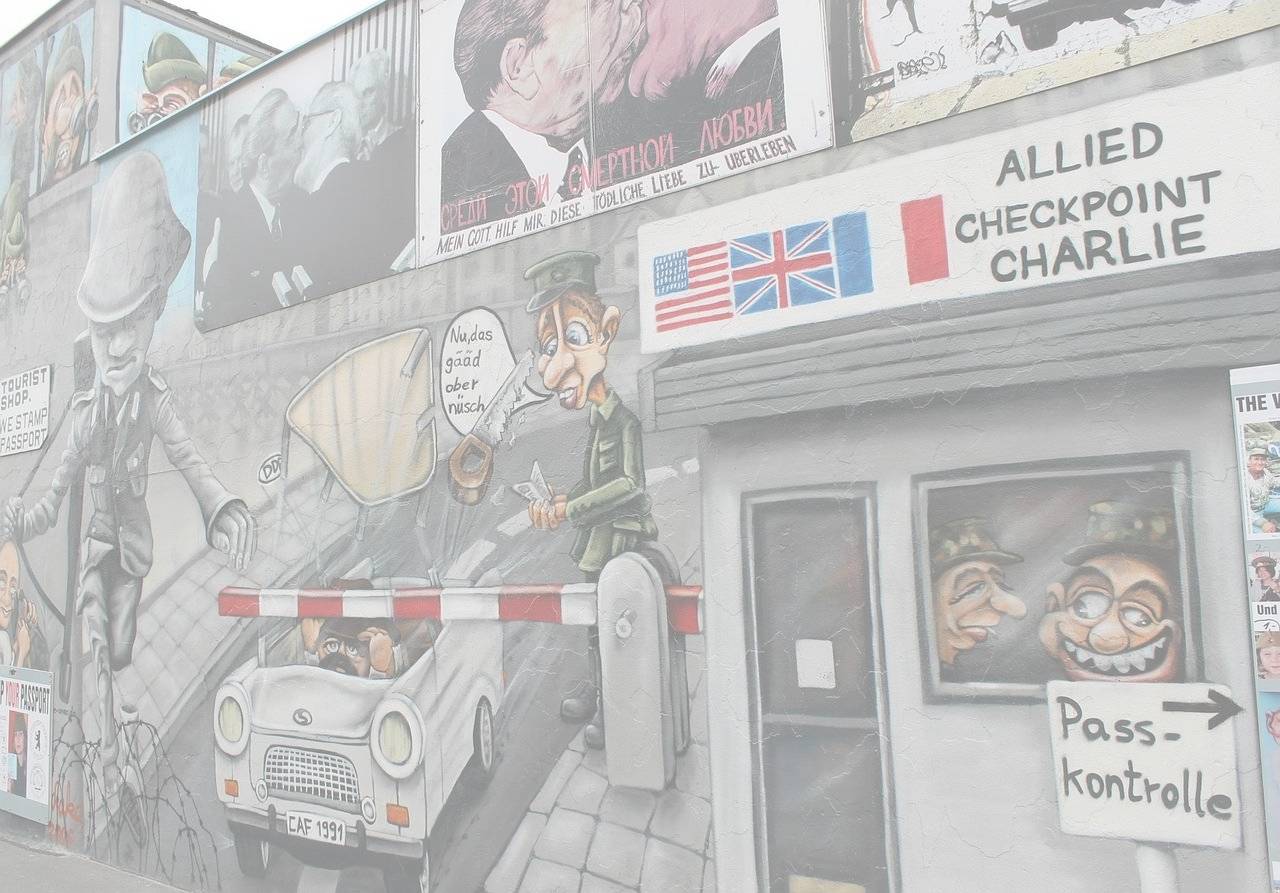What is ‘The Cold War’?
For JC students taking H1 or H2 History, it is one of the featured topics. In this topic, we will look at the world was divided into two ideological camps. The theme will cover how the Cold War began, how it expanded into a global conflict and how it ended.
There are three major areas of study for the topic:
- Emergence of Bipolarity after the Second World War
- A World Divided by the Cold War
- End of Bipolarity
Browse the featured articles below to find out more.
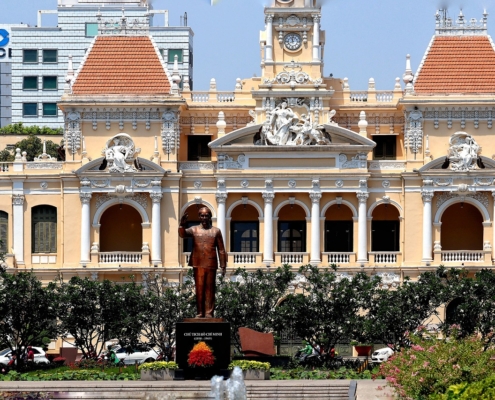
What was the Tet Offensive?
Learn more about the coordinated attack in South Vietnam in January 1968 that marked a turning point of the Second Indochina War.
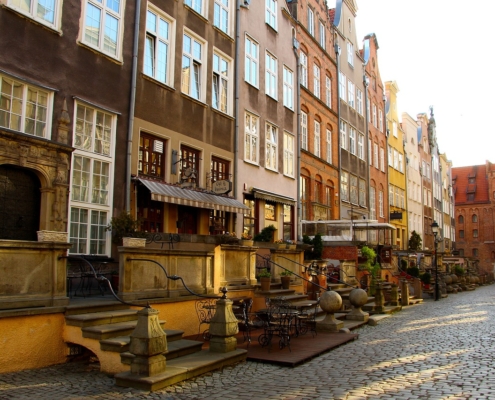
What changes did Poland go through in 1989?
Learn more about the Round Table Agreement that marked the end of communist rule in Poland.
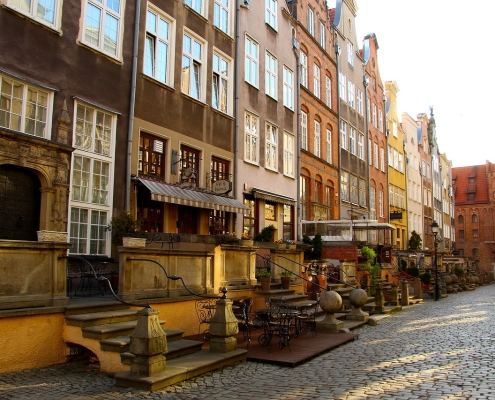
When did Poland declare martial law?
Learn more about the significance of martial law declared in Poland on 13 December 1981.
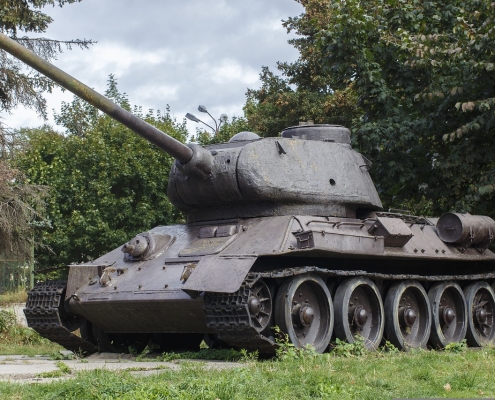
What is the Warsaw Pact?
Under the Warsaw Treaty, a collective defense force was formed by the Soviet Union in May 1955.
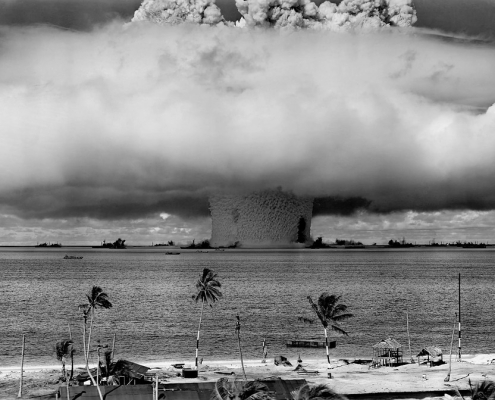
What was the main objective of the Baruch Plan?
Learn more about the proposal made by the USA on the reduction of its atomic arsenal in the mid-1940s.
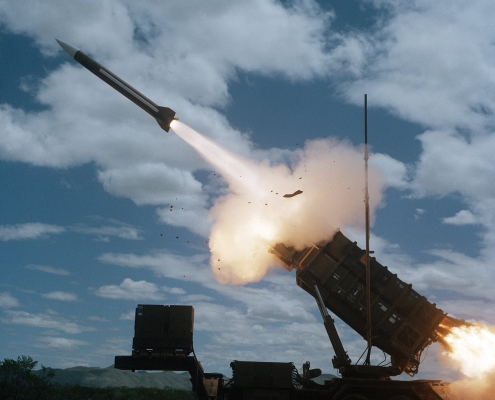
What was the purpose of the Strategic Arms Limitation Talks?
Learn more about the bilateral conferences and treaties signed between the USA and the Soviet Union in 1972 and 1974 that characterised the Détente.
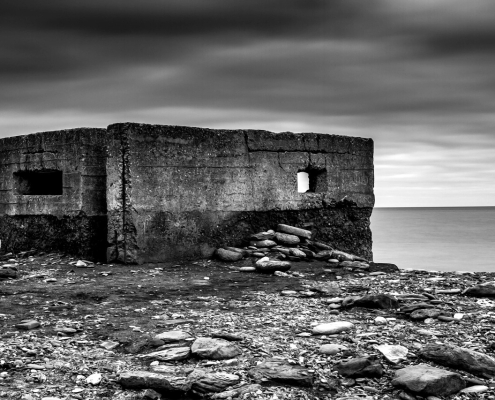
What was the Marshall Plan?
Learn more about the European Recovery Program that helped to rehabilitate post-war Europe from 1948 to 1951.
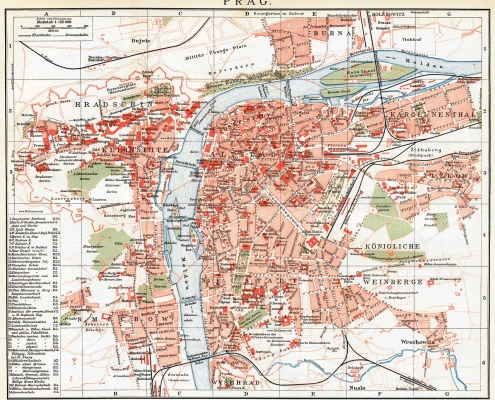
What happened in the Velvet Revolution?
Learn more about the nation-wide protest movement in Czechoslovakia that brought Communist rule to an end.
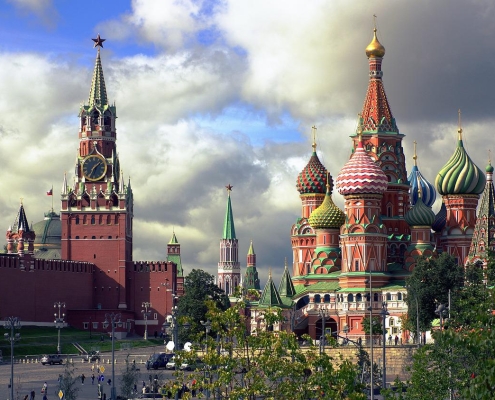
What role did Boris Yeltsin play in the collapse of the Soviet Union?
Learn more about Boris Yeltsin's role in opposing the coup attempt by the 'Gang of Eight' and its impact on the collapse of the Soviet Union.
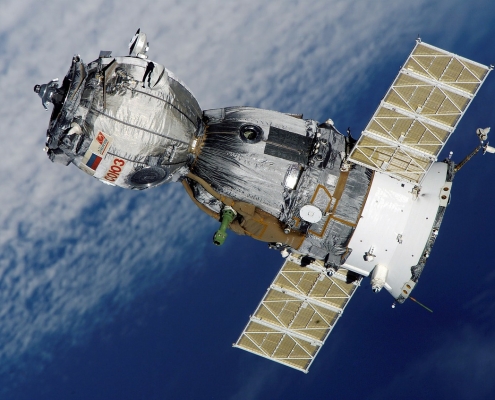
What was Ronald Reagan’s Strategic Defense Initiative?
Learn more about the 'Star Wars program', a proposed missile defense system to protect the USA from ballistic nuclear weapons during the Cold War.
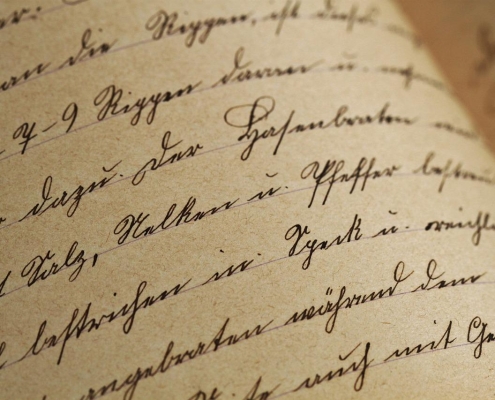
What is the significance of the Geneva Accords of 1954?
Learn more about the Geneva Accords that affected the historical developments in Vietnam in the1950s and 1960s.
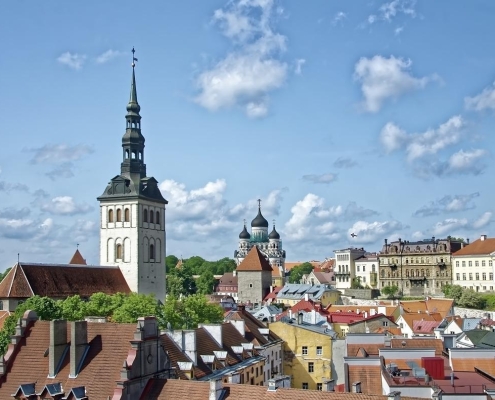
What was the Singing Revolution in Estonia?
Find out more about the historical significance of the Singing Revolution that was part of the popular movements in the late 1980s that led to the end of the Cold War.
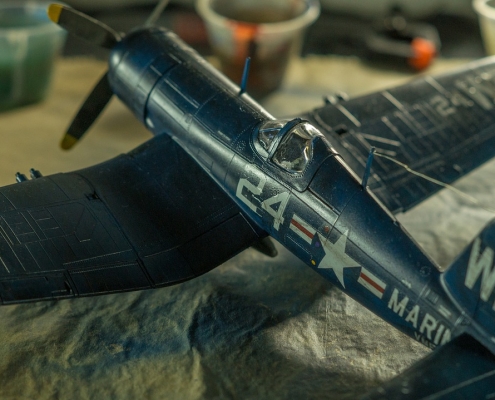
Why did the USA get involved in the Korean War?
Find out why the Truman administration was intent on intervening in the Korean War of 1950.
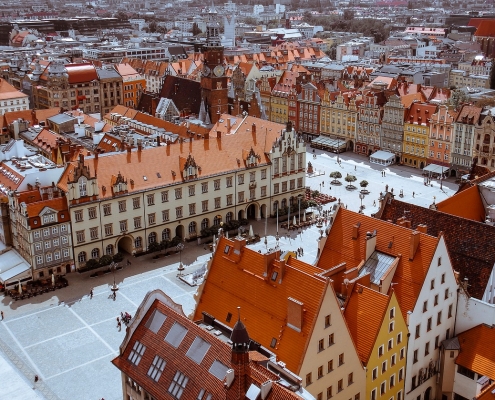
When was the Sovietisation of Eastern Europe?
Learn more about the rise of pro-Communist governments in Eastern Europe, also known as Sovietisation.

When did the Chinese get involved in the Korean War?
Find out what happened when the Chinese Army entered the Korean War and retaliated against the United Nations coalition force.
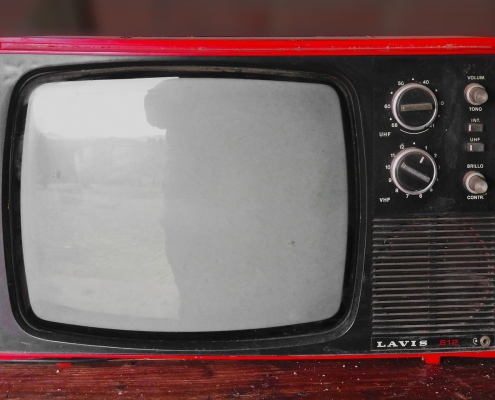
What was the purpose of Kennedy’s quarantine speech?
Learn more about the televised speech that led to the escalation of the 13-day Cuban Missile Crisis.
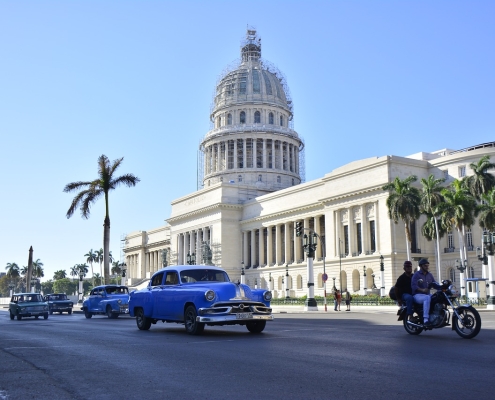
Why did Khrushchev place Soviet missiles in Cuba?
Consider the Soviet viewpoint to understand how the Cuban Missile Crisis began.
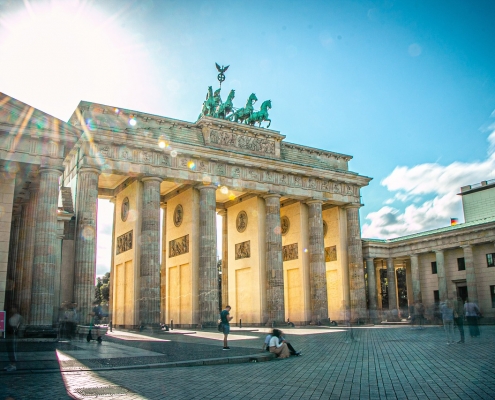
What is Ronald Reagan’s Tear Down This Wall speech about?
Learn more about Reagan's speech in Berlin that was made two years before the defining end of the Cold War.
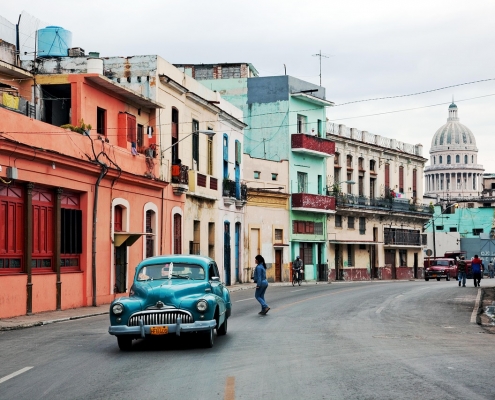
What was the end result of the Cuban Missile Crisis?
Consider the implications of the Cuban Missile Crisis on the involved parties after October 1962.
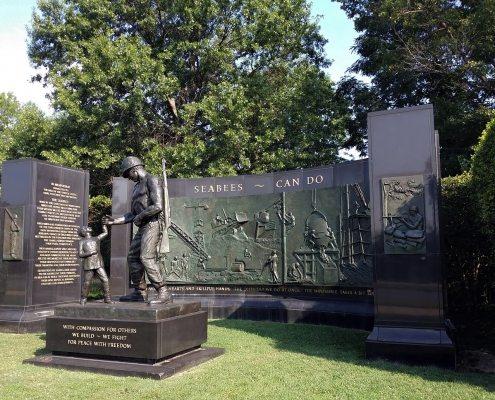
Did the Korean War end in a stalemate?
Find how what happened on 27 July 1953 that impacted the history of a divided Korea.
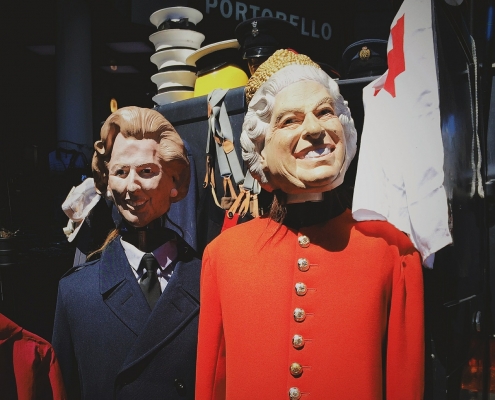
How did Margaret Thatcher influence the end of the Cold War?
Find out how the 'Iron Lady' helped to bring about the end of the Cold War in the 1980s.
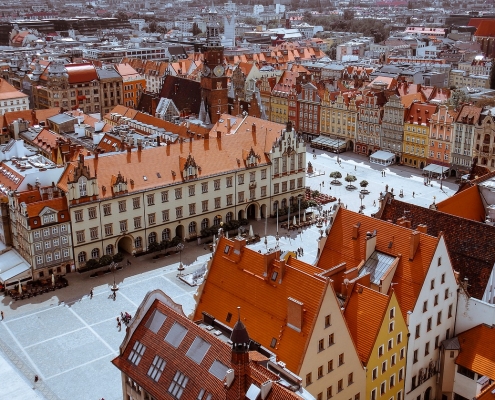
Why was the Solidarity movement important?
Find out more about the rise of the Solidarnosc that brought about the fall of the Iron Curtain.
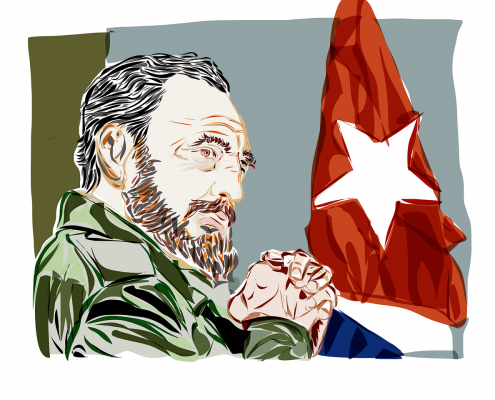
When did Castro visit the United States?
Learn more about the historic visit by the Cuban leader on 18 September 1960.
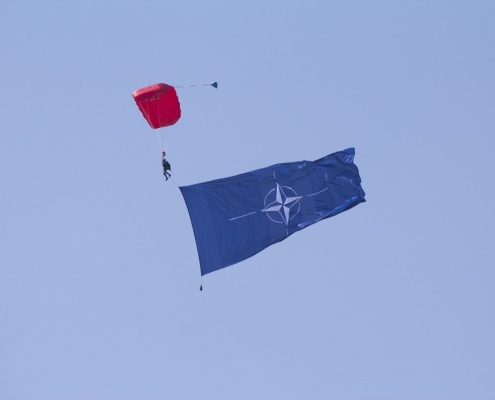
Why was NATO formed?
Examine the origins of the inter-governmental military alliance that was founded in April 1949.
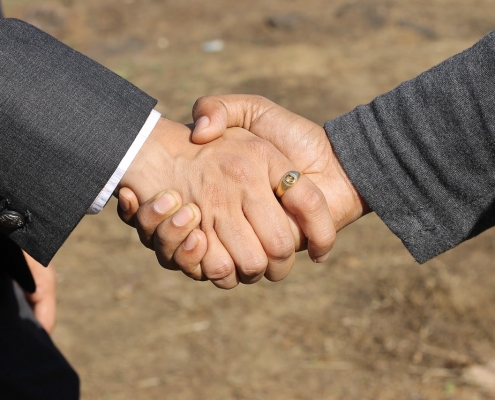
What is George Kennan known for?
Learn more about the origins of the 'Containment Policy' that shaped the United States' foreign policy during the Cold War.
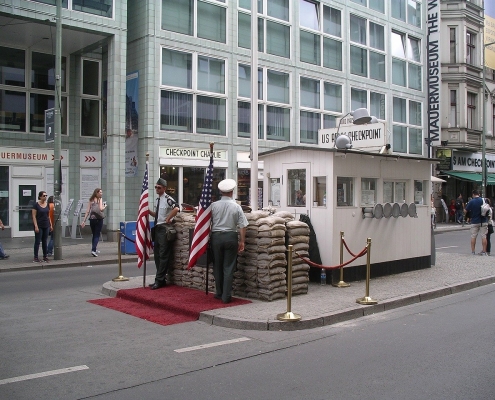
When was the Berlin Wall built and why?
Find out more about the Berlin Crisis of 1961 to understand why the Berlin Wall was built
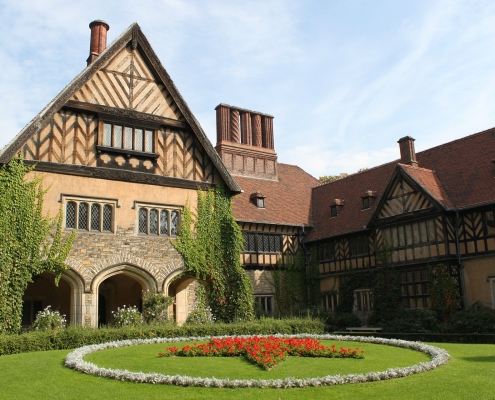
What was the main purpose of the Potsdam Conference?
Learn more about the Potsdam Conference that involved the Big Three's discussion of post-war order and Germany.
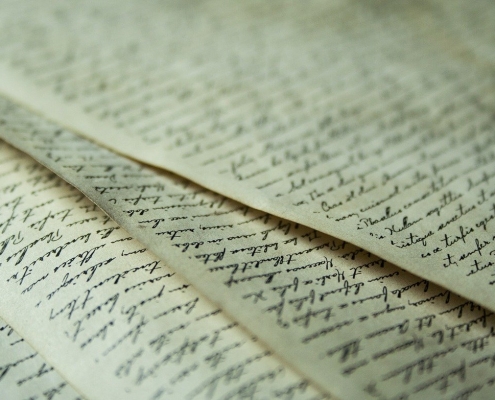
What was the purpose of the Yalta Conference?
Learn more about the Yalta Conference, which was code-named Argonaut, that involved the 'Big Three'.
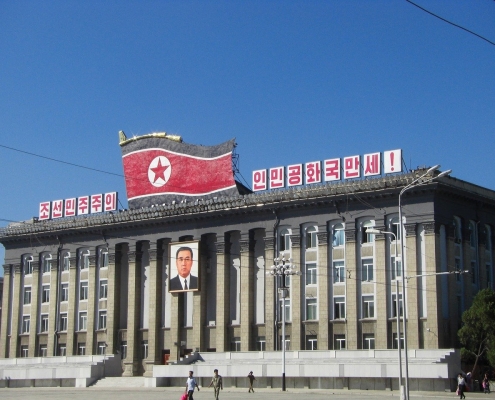
Why was North Korea involved in the Korean War?
Learn more about the motivations that shaped the involvement of North Korea in the conflict.
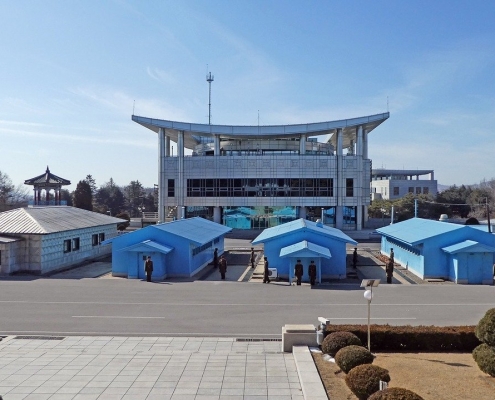
Why did the superpowers get involved in the Korean War?
Learn more about the motivations that shaped the role of superpowers in the Korean War.
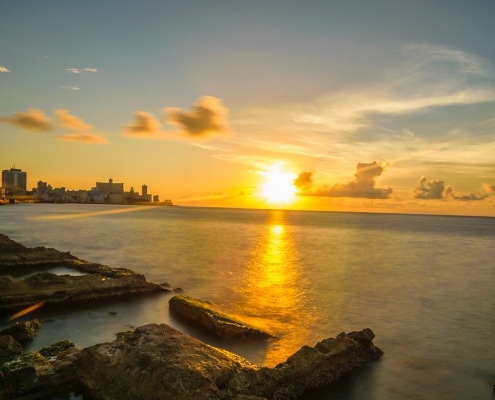
Cuban Missile Crisis: Revisited
Re-examine the key considerations that shaped the developments of the Cuban Missile Crisis.
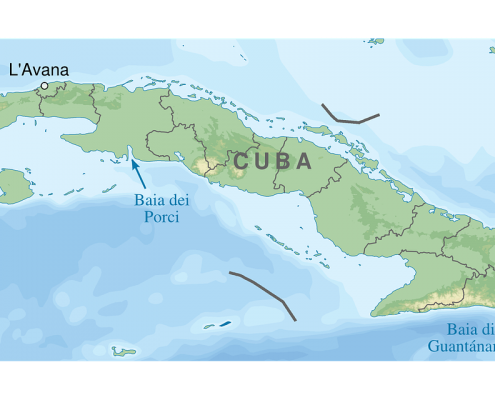
What happened during the Bay of Pigs invasion?
Learn more about the Bay of Pigs invasion that shaped the Cuban Missile Crisis.
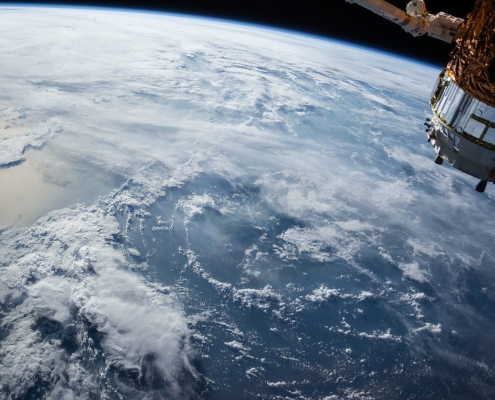
What is the Second Cold War?
Learn more about the Second Cold War that saw the renewed tensions between the superpowers in the early 1980s.

What was Détente?
Learn more about the Détente to understand the changing superpower relations in the 1970s.
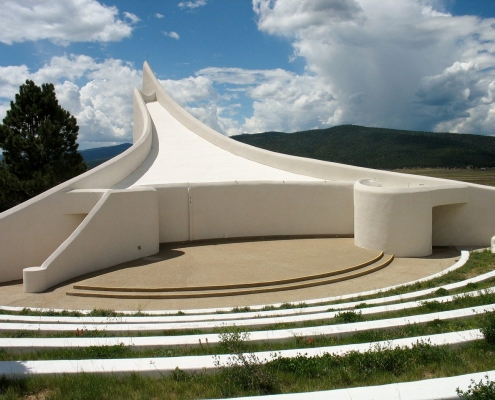
What were the consequences of the Vietnam War?
Examine the impacts of the Vietnam War on the key players, such as the USA.
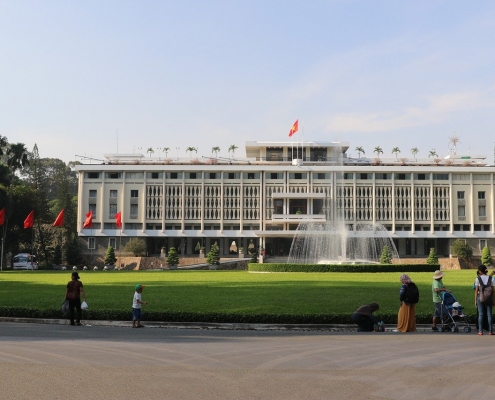
What started the Second Indochina War?
Learn more about the Second Indochina War to be familiar with the key roles that affected this Cold War event.
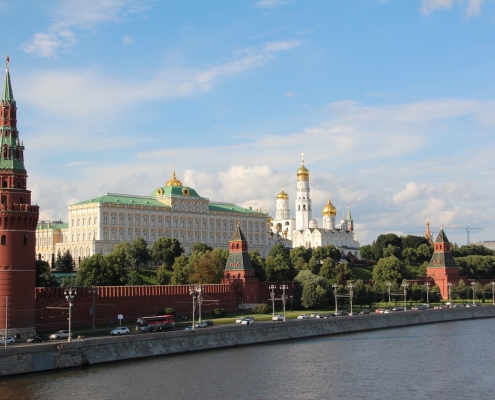
Why did the Soviet Union collapse?
Examine the possible causes that contributed to the fall of the Soviet Union in 1991.
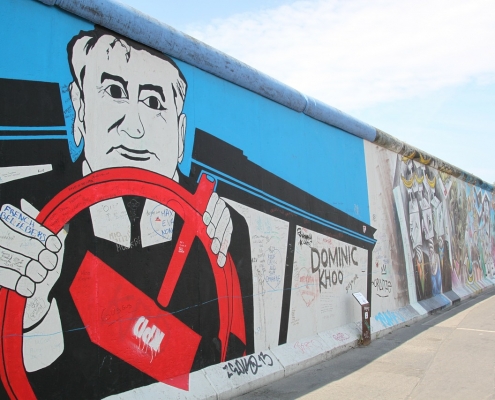
How did Mikhail Gorbachev end the Cold War?
Consider the role of Soviet leader Mikhail Gorbachev in contributing to the end of the Cold War.
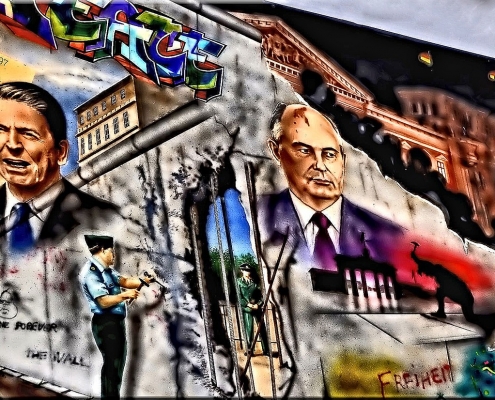
How did Ronald Reagan end the Cold War?
Find out how the former US President ended the Cold War in the late 1980s.
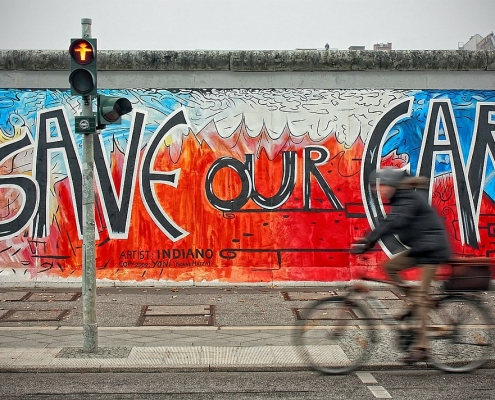
End of Cold War – Cartoon Analysis
Analyse these featured political cartoons to understand the varied perceptions towards the end of the Cold War.
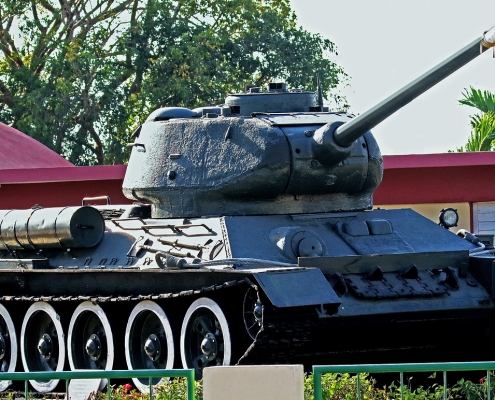
Cuban Missile Crisis – Cartoon Analysis
Examine the featured cartoons to understand the varying interpretations of the Cuban Missile Crisis.
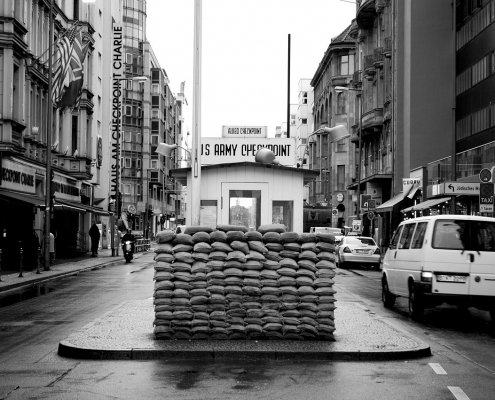
What were the key events of the Cold War?
Consider these featured events that shaped the start of the Cold War to be more proficient in the SBQ section.
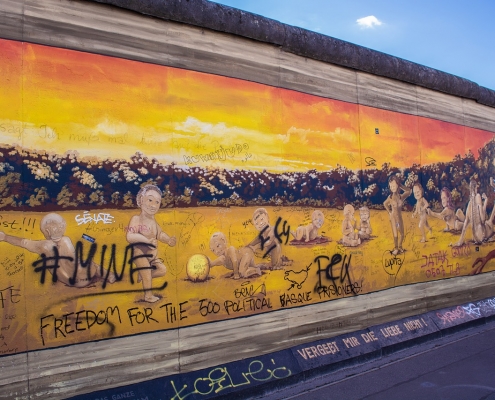
Origins of the Cold War – Cartoon Analysis
Are you familiar with these illustrative cartoons? Learn more about these visual sources to be prepared for the SBCS part of the A Level History examination.
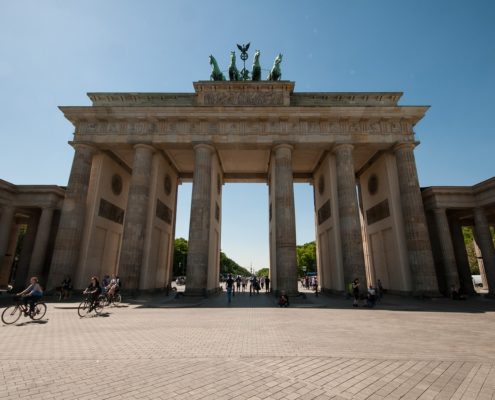
What caused the end of the Cold War?
Was the collapse of the Soviet Union the most important factor in explaining how the Cold War ended? Learn more about the differing interpretations that can explain this historic moment.
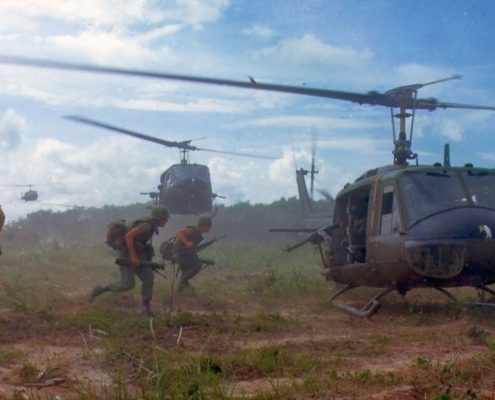
How did the Vietnam War start?
Was Lyndon Johnson's pursuit of political prestige the main reason for the shift in US involvement in Vietnam? Find out what were the contributing factors that caused the start of the Vietnam War.
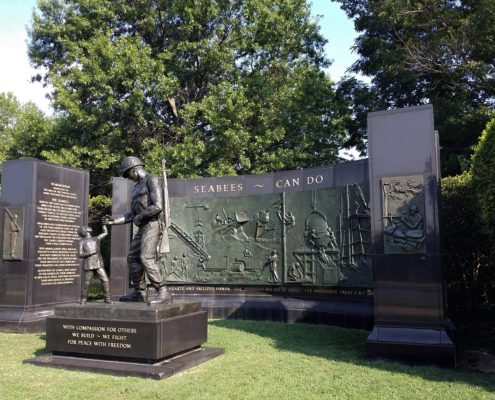
What started the Korean War?
How did the Korean War begin? Analyse the view that nationalist motivations were the main reason for the start of the conflict. Assess whether the Korean War had escalated into a Cold War conflict or not.
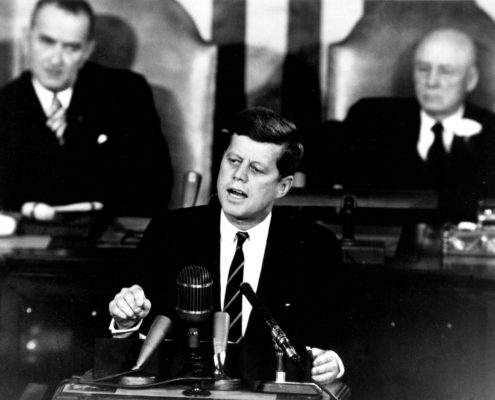
What caused the Cuban Missile Crisis?
Was Castro's aggression the major contributing factor for the start of the Cuban Missile Crisis? Find out how the superpowers responded after the rise of the Castro regime as part of their ideological struggle for supremacy.
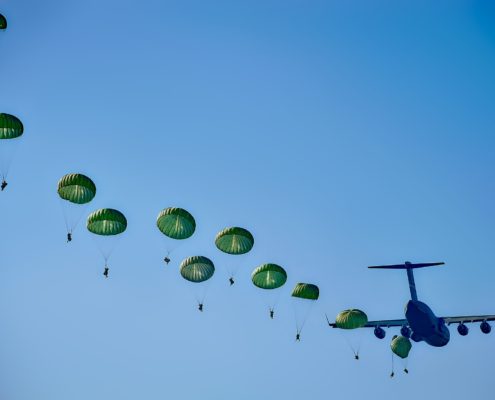
How did the Cold War start?
Was the Sovietisation of Eastern Europe the main reason for the outbreak of the Cold War? Analyze the varying historical interpretations that explained how the Cold War began to understand the roles of the US and Soviet Union.

